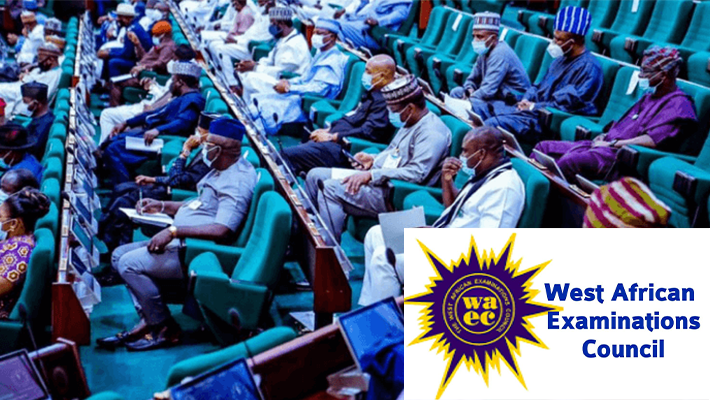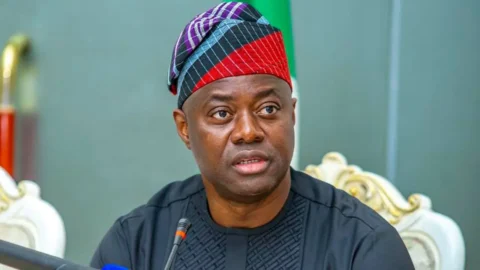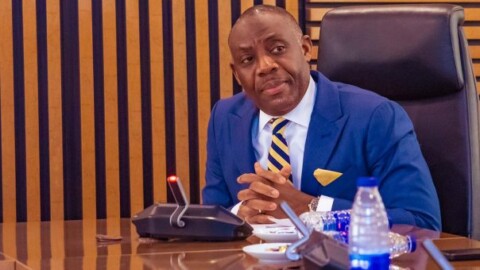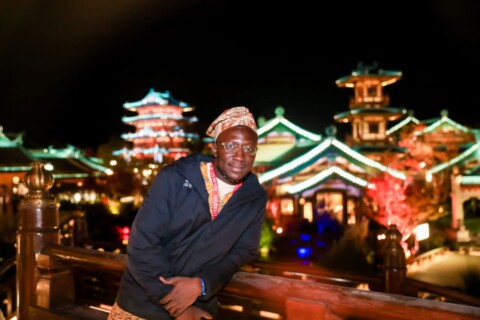On Wednesday, four officials from the West African Examination Council (WAEC) were detained by Nigeria’s House of Representatives Committee on Basic Examination Bodies. This happened after an investigative hearing where the officials could not properly answer questions about WAEC’s accountability.
The detention followed a motion by Rep. Uchenna Okonkwo, who raised concerns about how the officials were responding to the committee’s questions. During the hearing, there was a major disagreement over whether WAEC was accountable to the National Assembly. Lawmakers were frustrated because they felt the officials were not being straightforward.
The officials who were detained included Amos Josiah Dangut, the Head of the National Office for WAEC Nigeria, who was representing the Registrar; Angus Okeleze, the Senior Deputy Registrar; Victor Odu, the Acting Director of Finance; and Segun Jerumeh, the Deputy Director of Finance.
Tensions increased during the hearing as lawmakers pressed the officials on WAEC’s responsibility to report to the National Assembly. Dangut argued that WAEC, not being a government agency, did not have to report to Parliament. However, the lawmakers insisted that WAEC Nigeria, which was set up by an Act of the National Assembly, must be accountable to them. They pointed out that WAEC receives funding from the National Assembly and should follow the rules set by the legislature.
Rep. Okonkwo proposed that the officials be detained until a full investigation into WAEC’s activities could be completed. “I suggest that while we look into WAEC Nigeria’s activities, the officials should be taken into custody,” Okonkwo said. Rep. Marie Ebikake agreed with this proposal. The officials were briefly held by the National Assembly’s Sergeant at Arms but were released after a closed-door meeting.
The Committee Chairman, Rep. Oforji Oboku, instructed the WAEC officials to come back with audited financial statements from 2018 to 2024 and documents related to a ₦5 billion loan taken in 2022 for buying special equipment. “You cannot avoid oversight by saying you are not a government agency,” Oboku said. “We have the power to check your operations. WAEC must follow Nigeria’s laws.”
The committee plans to meet with WAEC again at a later date and warned that if the officials do not provide the requested documents, there could be more serious consequences.





